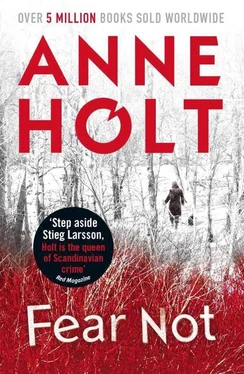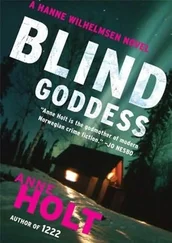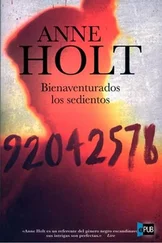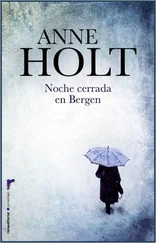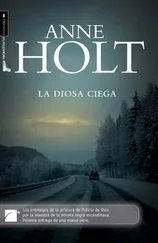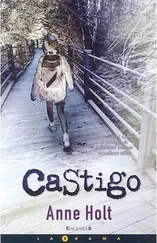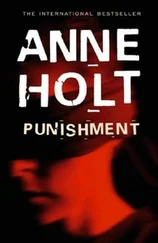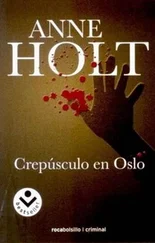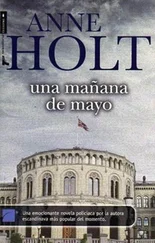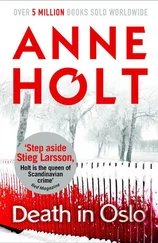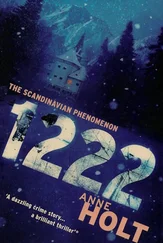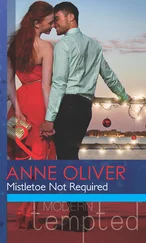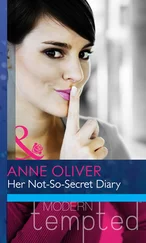It was the luxury goods that were no longer attracting a significant number of buyers.
And, for some reason, art was regarded as a luxury.
Niclas Winter tore the foil off the bottle of champagne he had bought the day his mother died. He tried to remember if he had ever purchased such a bottle before. As he fumbled with the wire around the cork, he decided this was the first time. He had certainly drunk his fair share of the noble French wine, particularly in recent years, but always at others’ expense.
The champagne foamed up and he laughed to himself as he poured the bubbling, gently fizzing drink into a plastic glass on the edge of his overfilled desk. He put the bottle down on the floor to be on the safe side and raised the glass to his lips.
The studio, which measured almost 300 square metres and had originally been a warehouse, was flooded with daylight. To an outsider the room would have given an impression of total chaos, with light coming in from above and from the huge bay windows in the wall facing south-east. Niclas Winter, however, was in complete control of everything. There were welding torches and soldering irons, computers and old toilets, cables from the North Sea and half a wrecked car; the studio would be a paradise for any eleven-year-old. Not that such a person would ever have been allowed through the door. Niclas Winter, installation artist, suffered from three phobias: large birds, earthworms and children. It had been difficult enough to get through his own childhood, and he couldn’t cope with being reminded of it by seeing children playing and shouting and having fun. The fact that the studio lay just 200 metres from a school was a tragedy that he had somehow learned to live with. In every other way the location was perfect; the rent was low, and most of the kids kept out of the way once he put a BEWARE OF THE DOG sign with a picture of a Dobermann on the door.
The room was a slight rectangle, sixteen by eighteen metres. Everything was gathered along the walls, a frame of scrap and other necessities surrounding a large space in the middle. This was always clean and empty, apart from the installation Niclas Winter was working on at the time. Along one of the shorter walls stood installations which were more or less finished, but which he had not yet shown to anyone.
He sipped the champagne, which was too sweet and not cold enough.
This was the best thing he had done.
The piece was entitled I was thinking of something blue and maybe grey, darling and had actually been bought by StatoilHydro.
A monolith of shop window dummies rose up in the centre of the art work. They were wound around each other as in the original in Vigeland Park, but because the dummies were so rigid apart from their knees, elbows, hips and shoulders, the six-metre-high installation was positively spiky. Heads on almost broken necks, stiff, dead fingers and feet with painted nails stuck out on all sides. A thin, shimmering length of silver barbed wire was wound around the whole thing. Real silver, of course; the barbed wire alone had cost a small fortune. On closer inspection you could see that the naked, lifeless dummies were wearing expensive watches on their wrists, and almost every one was adorned with a necklace. The dummies had been literally sexless when he bought them. Only the broad shoulders and lack of breasts distinguished the men from the women, as well as a small, undefined bulge at the crotch. Niclas Winter had come to their rescue. He had bought so many dildos in a porn shop that they had given him a considerable discount, and he had mounted them on the castrated dummies. The dildos were marketed as being ‘natural’, which Niclas Winter knew was nonsense. They were colossal. He sprayed them in fluorescent colours, making them even more striking.
‘Perfect,’ he murmured to himself, emptying his glass in one swig.
He took a few steps back and shook his head.
His last exhibition had been an enormous success. Three outdoor installations had stood on Rådhuskaia for four weeks. People were enthusiastic. So were the critics. He sold the lot. For the first time in his life, he was almost debt-free. And best of all, StatoilHydro, who had already bought Vanity Fair, reconstruction , ordered I was thinking… on the basis of a sketch. The price was two million. He had been paid half a million in advance, but he had already spent that money and considerably more on materials.
Then the bastards changed their minds.
He hadn’t much of a clue about contracts, and when he went to see a solicitor with the letter which had arrived in October, beside himself with rage, he realized it was time to get himself an agent. StatoilHydro were, in fact, perfectly within their rights. The contract had a cancellation clause. Niclas Winter had hardly even glanced through the document before signing it, dizzy with joy.
In the current financial climate , they wrote apologetically. An unfortunate side-effect on employees and owners , they babbled on. Moderation. A certain level of restraint with regard to unnecessary outlay.
Blah, blah, blah. Fuck.
The bloody letter arrived four days before his mother died.
As he sat with her during those last hours – more for appearance’s sake than because he actually felt any sorrow – everything changed. Niclas Winter walked out of his dead mother’s room at the Lovisenberg Hospice with a smile on his lips, fresh hope and a riddle to solve.
And he had done it.
It had taken time, of course. His mother had been so vague that it had taken him several weeks to find the right office. He had got too stressed and made a couple of mistakes along the way. But now he had done it. The appointment had been made for the first working day after the New Year, and the man he was going to meet would make Niclas Winter a very rich man.
He poured himself more champagne and drank.
The tiny, tiny feeling of intoxication did him good, and his piece was finished. If StatoilHydro didn’t have the sense to take the opportunity, there would be other buyers. With the money that was due to come to him he could accept the offer of an exhibition in New York in the autumn. He could give up all those other jobs that sucked the energy and creativity out of him. And he would finally give up the drugs. And the booze. He would work all day long, with no worries.
Niclas Winter was almost happy.
He thought he heard a noise. An almost imperceptible click.
He half-turned. The door was locked, and there was no one there. He drank a little more. A cat on the roof, perhaps. He looked up.
Someone grabbed hold of him. He understood nothing as someone’s hands pulled at his face, forcing his mouth open. When the syringe was pushed into his left cheek, he was surprised more than afraid. The needle caught his tongue, and the pain as it touched the sensitive mucus membrane was so agonizing that he cried out at last. A man was still standing behind him, gripping his hands. An intense heat spread from his mouth at lightning speed, and it was difficult to breathe. The stranger caught him as he fell. Niclas Winter smiled and tried to blink away the film that was covering his eyes like oil. He couldn’t get any air. His lungs were no longer working.
He was hardly even aware of his left sleeve being pushed up.
The second needle ate its way into the blue vein in the crook of his arm.
It was 27 December 2008, and the time was thirty-three minutes past midnight. When Niclas Winter died, thirty-two years old and on the verge of an international breakthrough as an artist, he was still smiling in surprise.
***
Ragnhild Vik Stubo was laughing her biggest laugh. Johanne smiled back, picked up the dice and threw them again.
Читать дальше
